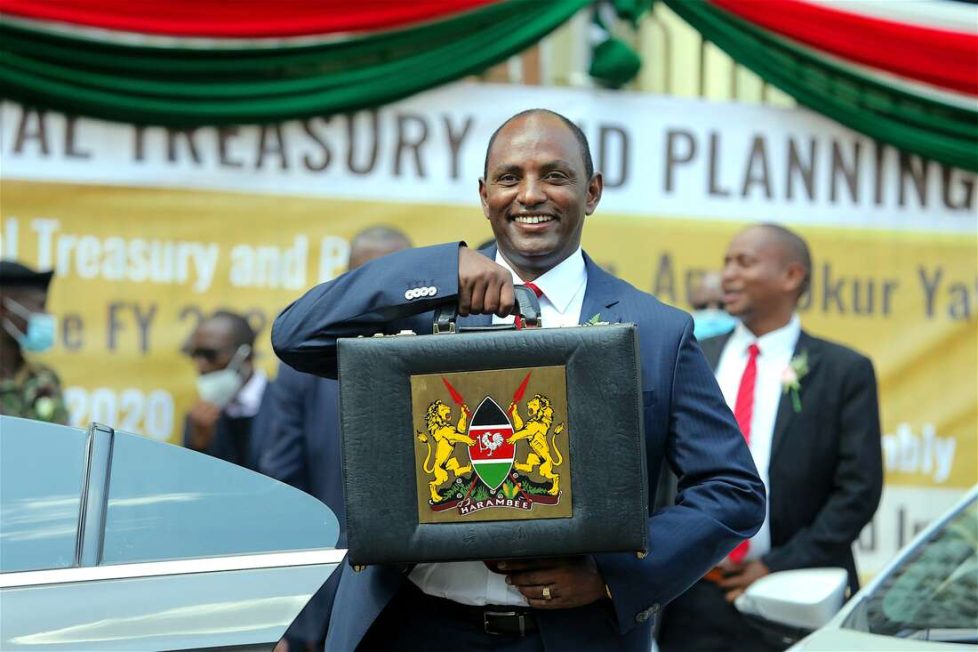Is Jimmy Wanjigi Right about Kenya’s 2023/2024 Budget Contravening the Law?
Mr. Wanjigi's central argument revolves around the interpretation of Article 37(9) of the PFM Act, which states, "Upon approval of the budget estimates by the National Assembly, the Cabinet Secretary shall prepare and submit an Appropriation Bill of the approved estimates to the National Assembly."








